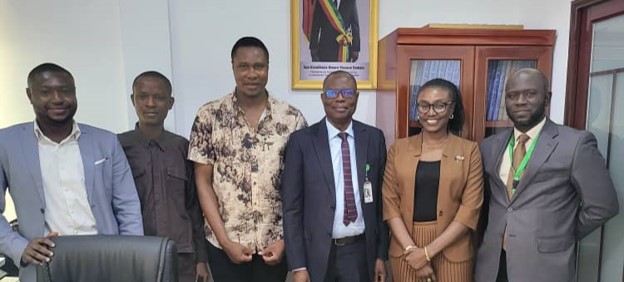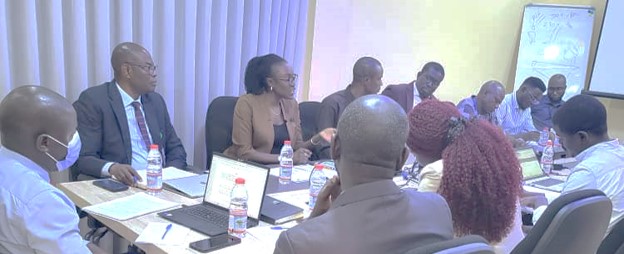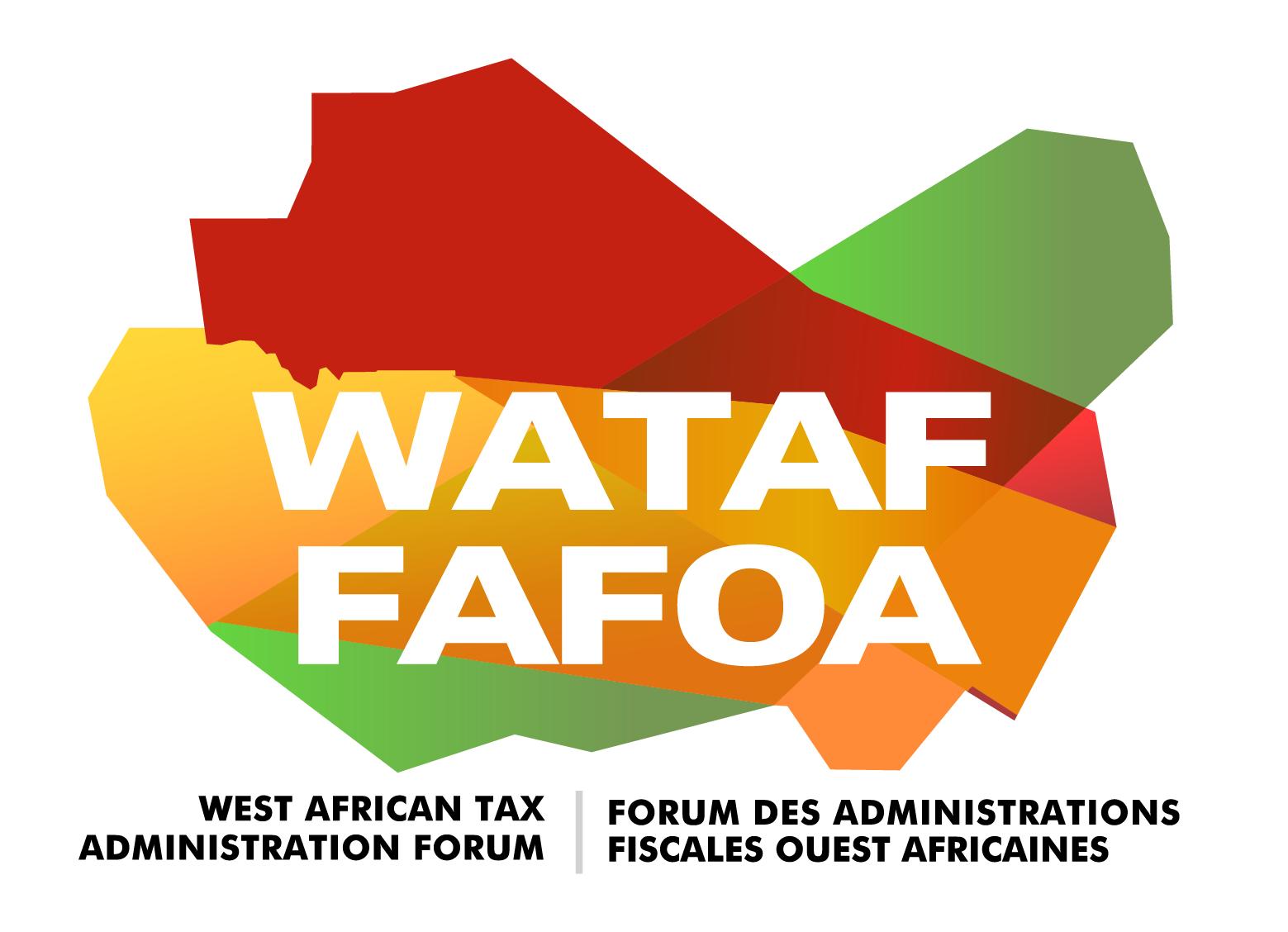In line with its mandate to enhance domestic revenue mobilisation (DRM) across West Africa, the West African Tax Administration Forum (WATAF) recently carried out a technical assistance mission for the tax administration of Guinea-Bissau. The mission, funded by the Open Society Foundations (OSF), focused on assessing the income tax administrative system and exploring the potentialility of establishing specialised tax units for low-, medium-, and high-income taxpayers. This initiative underscores WATAF’s commitment to fostering stronger regional integration and sustainable development through technical assistance tailored to the current needs of revenue authorities.
Engagements and Key Objectives
The primary goal of the mission was to engage with Guinea-Bissau’s tax administration to assess how to improve its income tax regime. Specifically, the team sought to:
- Review existing legal and regulatory provisions for income taxation.
- Assess the administrative practices and identify gaps in income tax collection.
- Propose actionable solutions to overcome barriers to revenue generation.
- Explore the feasibility of establishing tax units to support taxpayer segmentation approach to increasing income taxes.
Led by WATAF’s Executive Secretary, Mr. Jules Tapsoba, the delegation included Institutional Development, Corporate Affairs, and Project Manager Ms. Wapinu Ndule, and Research Consultant/Technical Lead Dr. Abiodun Adegboye.
Stakeholder Discussions and Key Findings

The mission commenced with a high-level meeting with Mr. Uffé Vieira Gomes da Silva, Director General of the Directorate-General of Contributions and Taxes (DGCI), who is also the Vice Chairman of the WATAF Council. The discussions revolved around Guinea-Bissau’s pressing needs, including:
- Capacity building in fiscal education and taxation models.
- Digitalisation of tax administration processes.
- Sensitisation workshops in indigenous languages to support the upcoming VAT rollout in January 2025.
The DGCI emphasised the urgency of these interventions and reaffirmed its commitment to partnering with WATAF.
In addition, the team held two days of technical discussions with DGCI directors and technical heads, focusing on the establishment of a high-net-worth income tax unit and the barriers affecting tax collections. The mission also included an evidence-gathering exercise to understand current practices and challenges in income tax administration.
Visit to Customs and Ministry of Finance

The WATAF delegation visited Guinea-Bissau’s Customs Department and engaged with senior officials, including Mr. Nelson Lopes, Director of Serviço Técnico, and Mrs. Dona Antunes Armando Yala, Head of the Statistics Service, where the Executive Secretary introduced WATAF as the regional body working towards a stronger integration within the region, and the drive towards the enhancement of domestic revenue mobilisation. The discussion centred on:
- capacity development for staff; and
- sensitisation for staff members towards the VAT rollout in January 2025.
A meeting with the Minister of Economy and Finance, Mr. Ilídio Vieira Té, highlighted WATAF’s role in supporting member states to enhance DRM through technical assistance and capacity building through technical assistance and capacity development of tax management stakeholders, including taxpayers, civil society organisations, parliamentarians, etc. The Minister reaffirmed his commitment to the priorities outlined by the customs and tax services. He emphasised the critical role of awareness campaigns in the implementation of VAT, made possible by the recent adoption of its enabling legislation, supported by the Programme for Fiscal Transition in West Africa (PATF).
Next Steps
The mission concluded with actionable recommendations to strengthen income tax administration in Guinea-Bissau. These include:
- Enhancing the capacity of the existing tax units for income and other tax types.
- Promoting fiscal education and sensitisation efforts to promote compliance.
- Implementing digital solutions to streamline tax processes.
With the support of its partners, particularly OSF, WATAF remains committed to assisting Guinea-Bissau in achieving these objectives and driving long-term improvements in tax revenue mobilisation.
Conclusion
This mission represents a significant step in WATAF’s broader vision to empower tax administrations across West Africa. In collaboration with its partners, FAFOA will (i) implement innovative training adapted to the specific needs of tax administrations, (ii) develop regional tools for better management of tax functions and (iii) enhance the delivery of services to taxpayers by the administrations.






 Views Today : 43
Views Today : 43 Total views : 37588
Total views : 37588